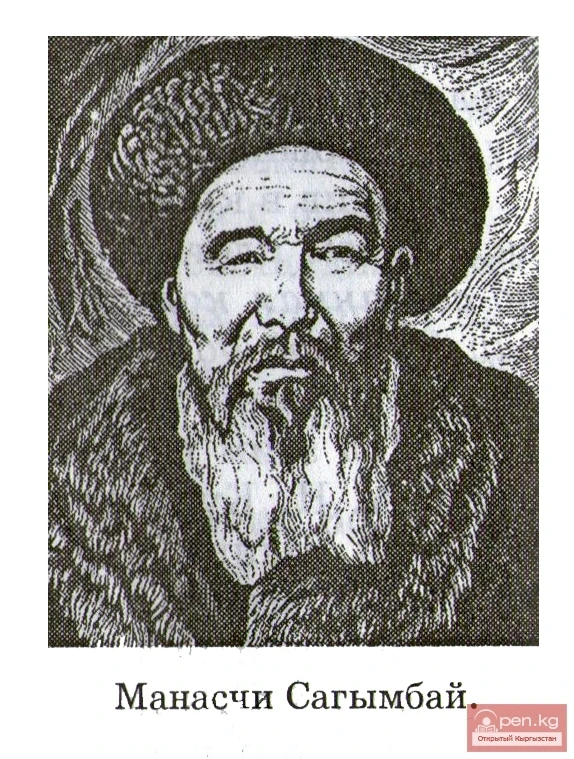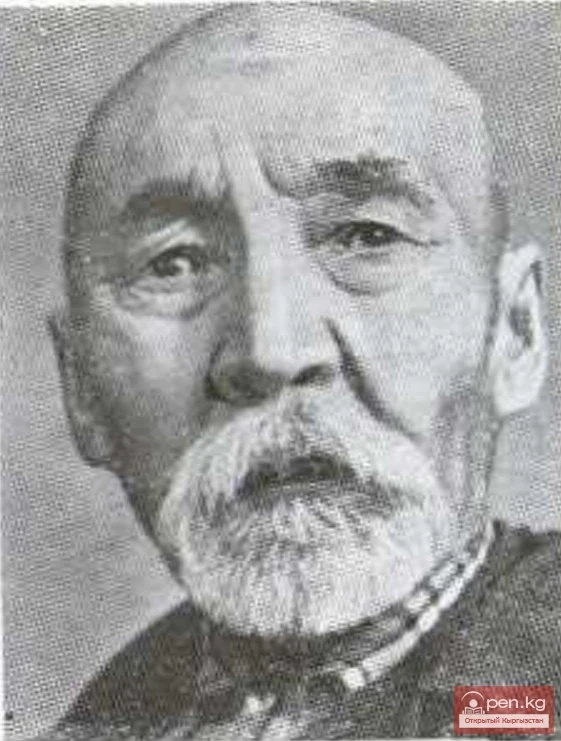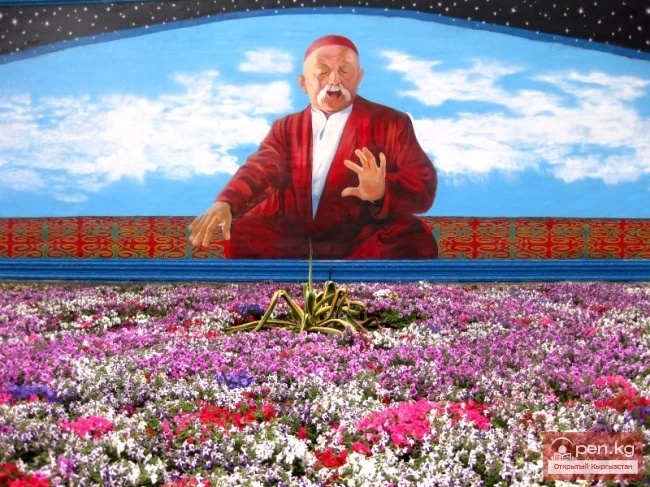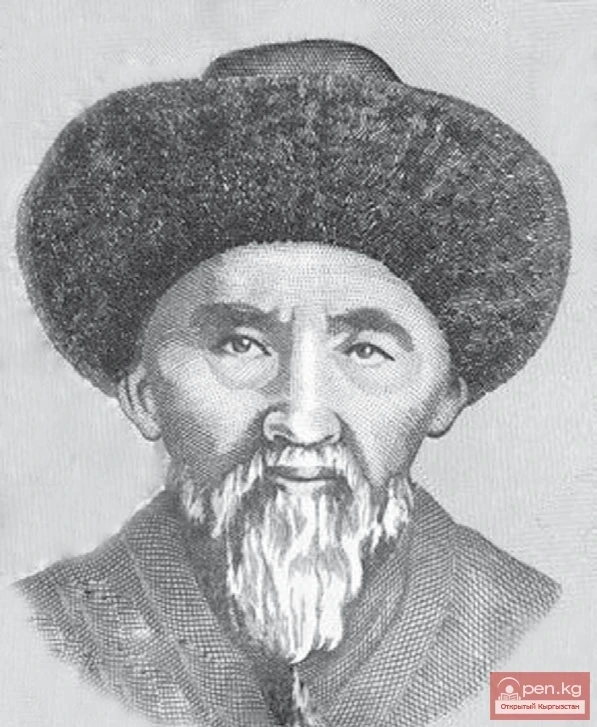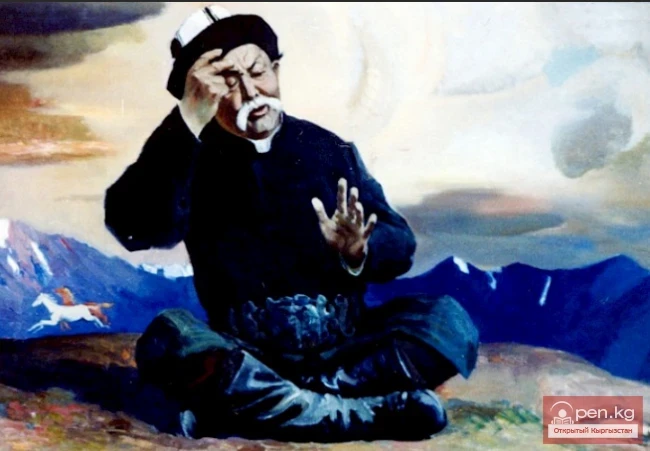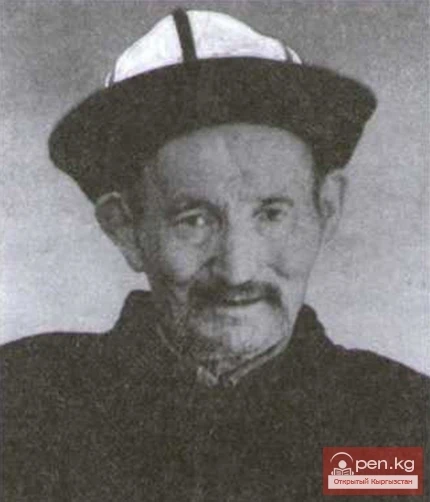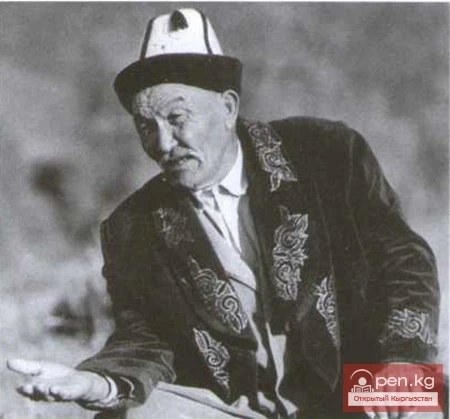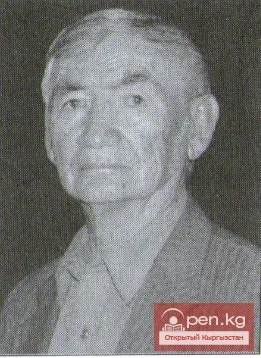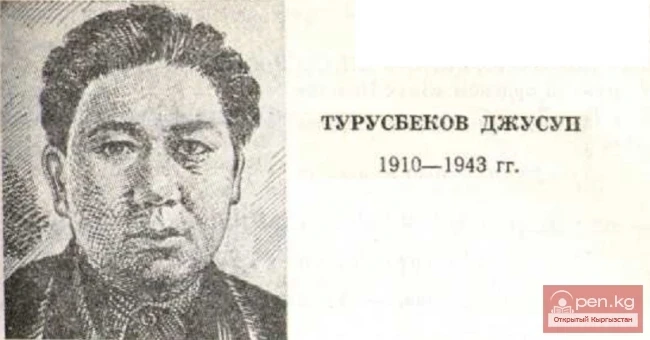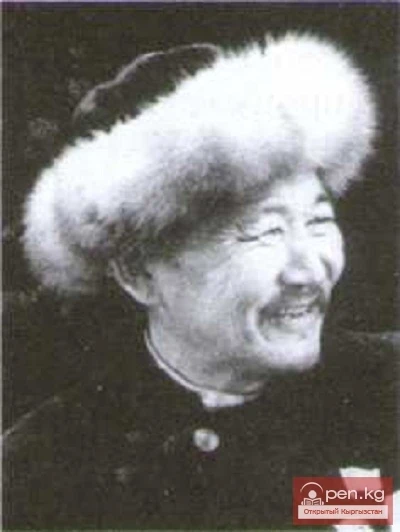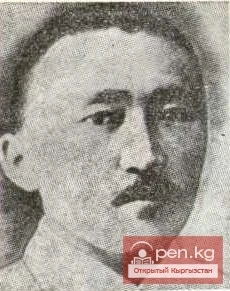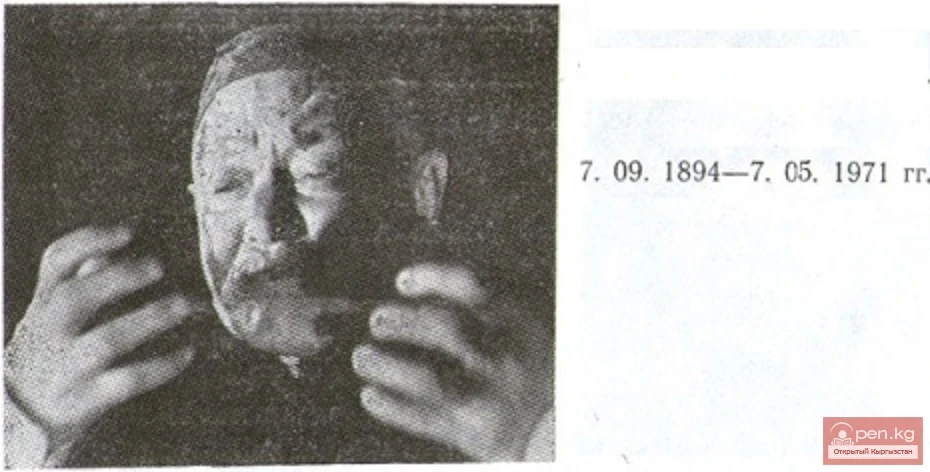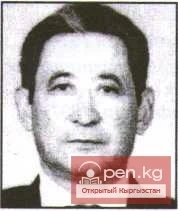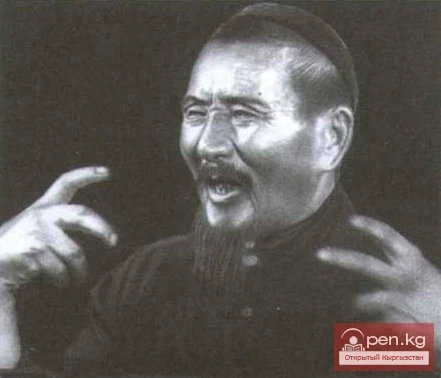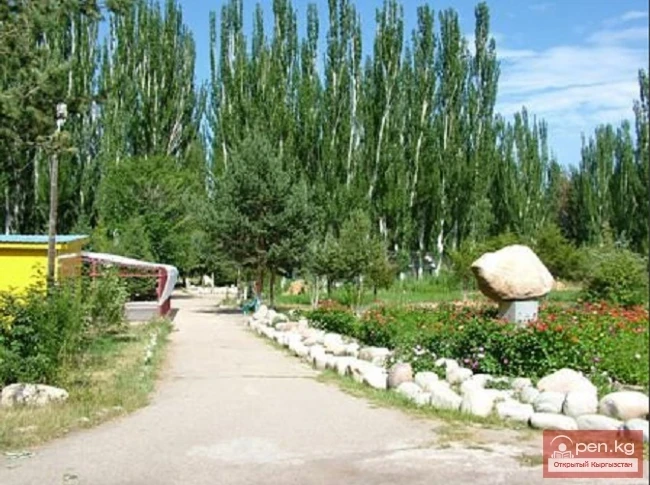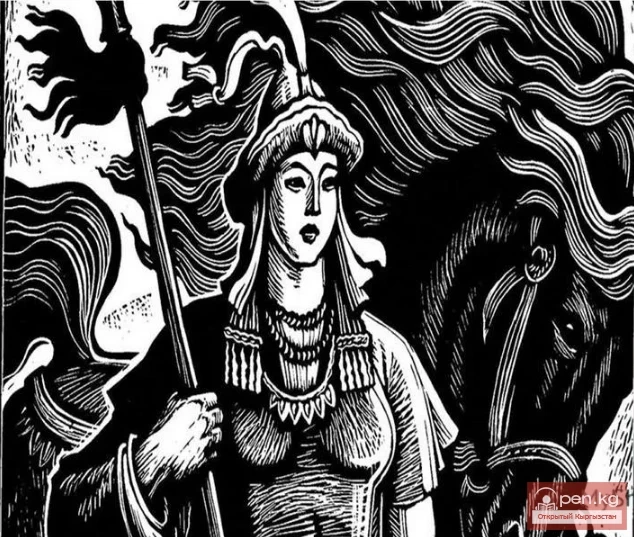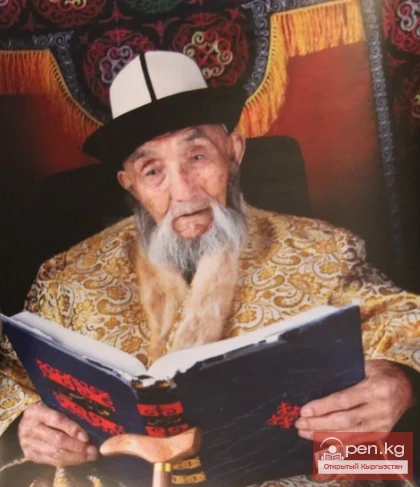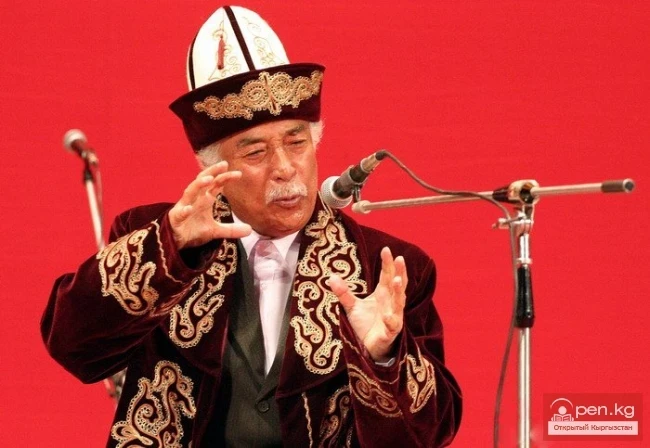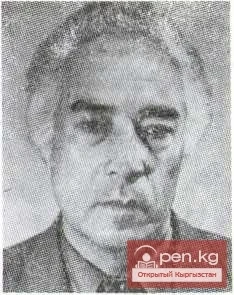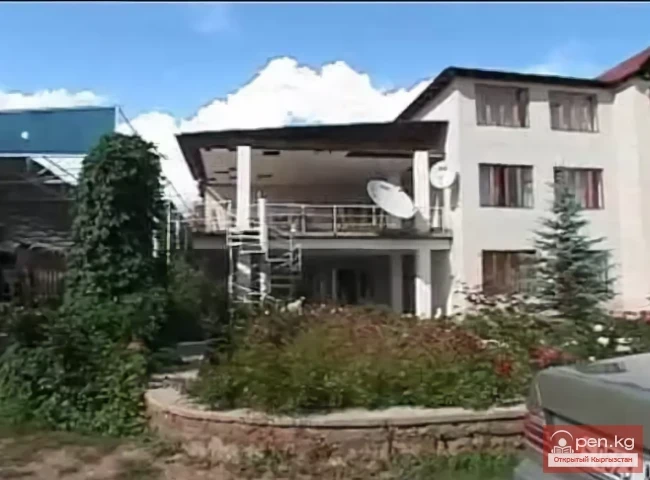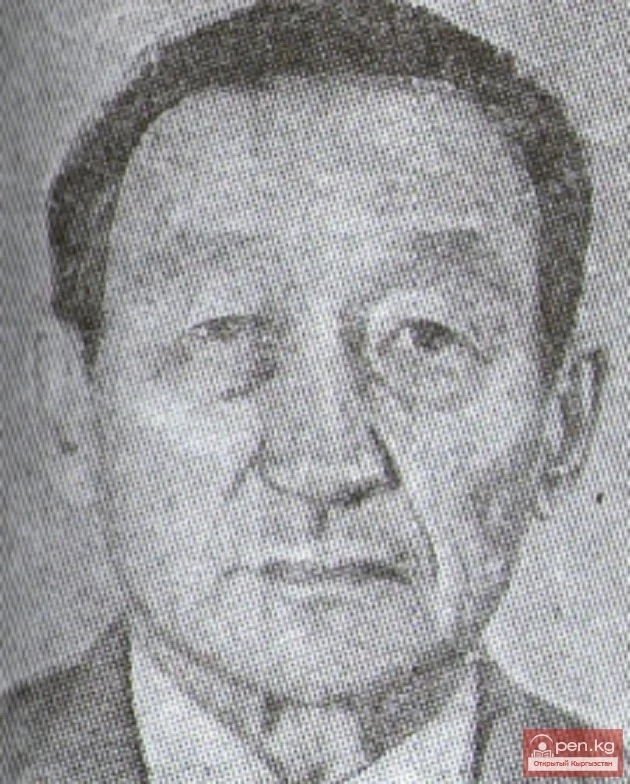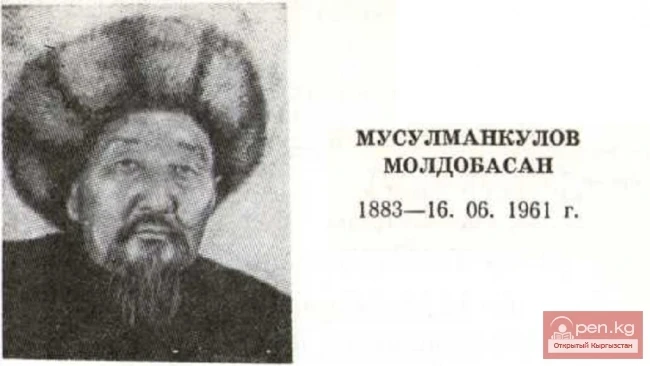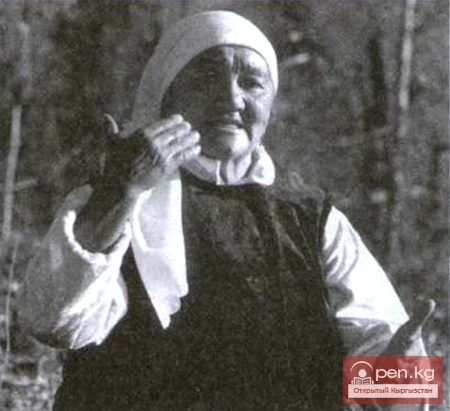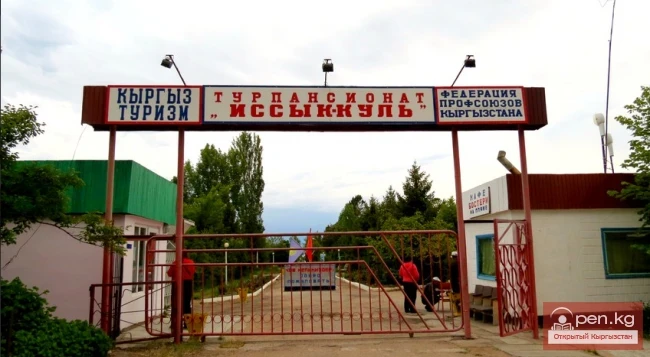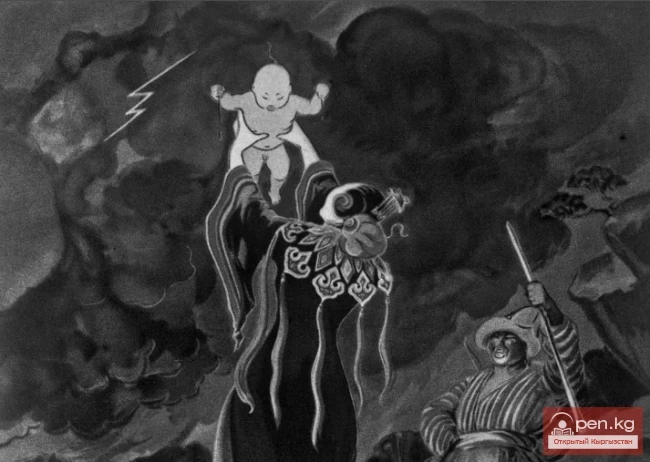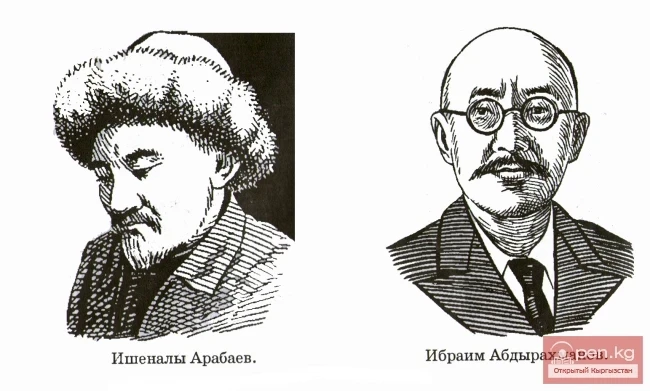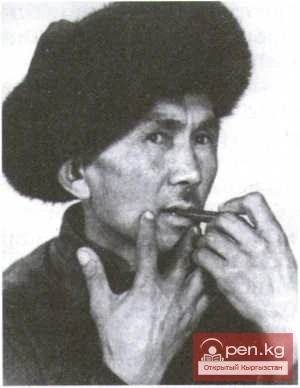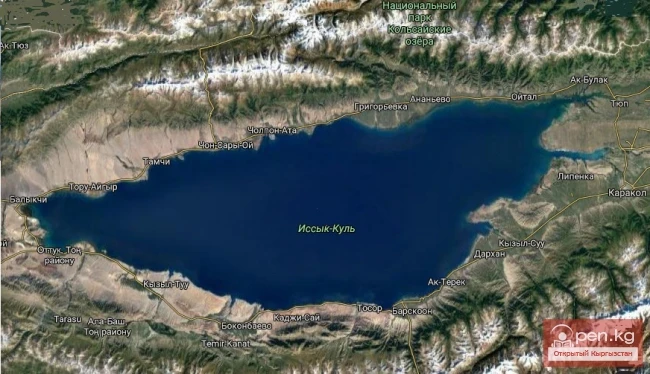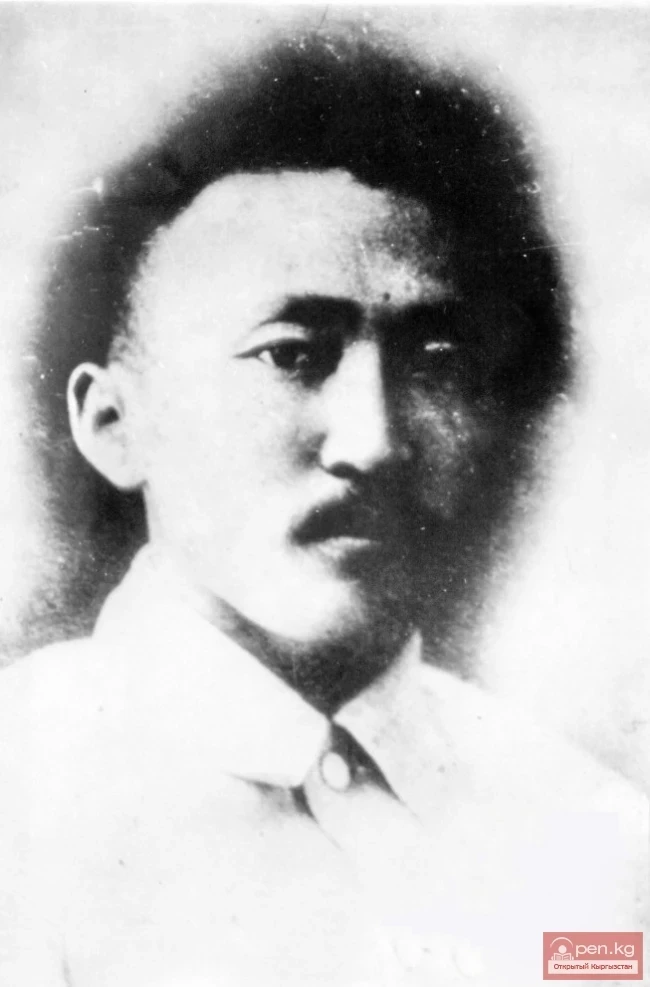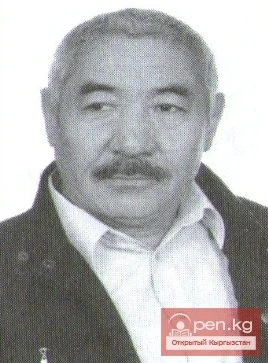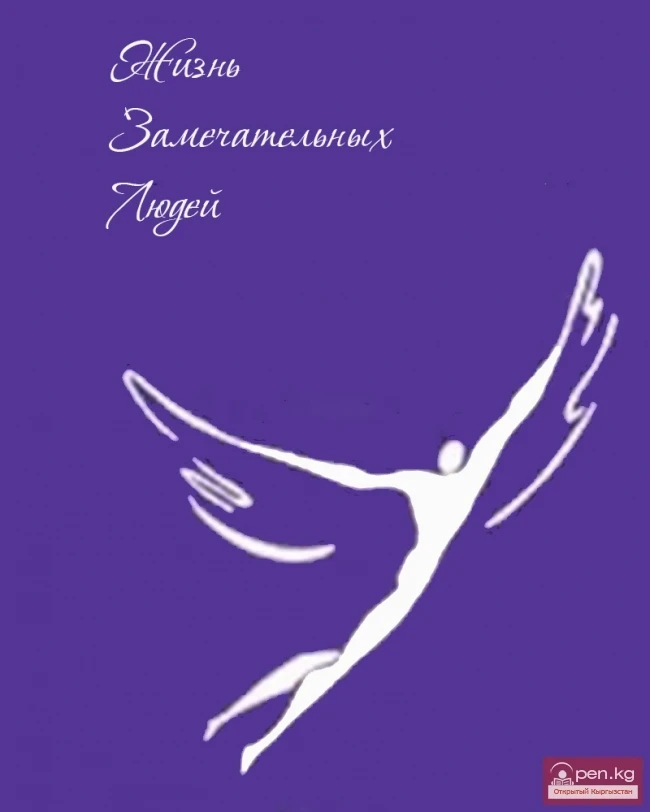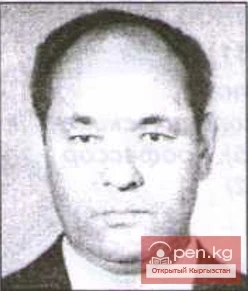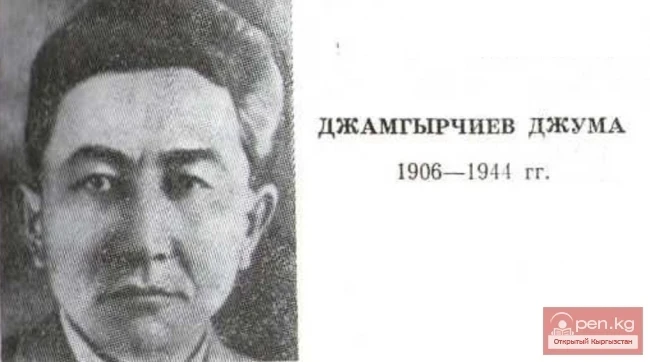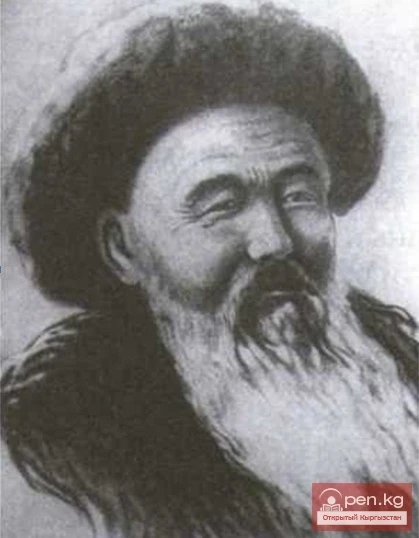
Sagymbay Orozbakov (1867—1930) was born in the village of Kabyrga, located on the northern shore of Lake Issyk-Kul, in a family of a musician-surnaychi. His father, Orozbak, served the khan of Issyk-Kul, Ormon. At the age of nine, Sagymbay began to learn Arabic script under the guidance of an Uzbek mullah, as well as to sing and compose.
He became fascinated with the epic "Manas" at the age of fifteen after hearing performances by the famous manaschy of that time, Chonbasha, Tynybek Zhapiev, Balik (Bekmurat) Kumarov, and Naimanbay Balikov.
After his father's death, Sagymbay moved with his brother Alisher, who was also a storyteller, to Kochkor, and then to Kemin. Sagymbay became well-known, often performing "Manas" at weddings and memorials. After living in Kemin for about ten years, Sagymbay's family returned to Kochkor, and from there, due to the events of 1916, they left with other refugees to China. Two years later, Sagymbay returned to the village of At-Bashi. He was also destined to visit the south of Kyrgyzstan, where he performed before the ruler of Andijan, Kurmanjan Datka, and her entourage.
In 1922, by the decision of the Turkestan Scientific Commission and the People's Commissariat of Education of the Kara-Kyrgyz Autonomous Region, the recording of Sagymbay's tales began on the Naryn highland of Sary-Solton by folklorists-philologists K. Miftakov and I. Abdrakhmanov. Unfortunately, audio recordings were not made at that time.
Sagymbay apparently possessed a bright tenor voice with a fairly wide range. Ibraim Abdrakhmanov noted that "when performing the epic, his voice sounded high, sometimes flowing, transitioning from one register to another."
In four years, scholars recorded 180,000 poetic lines of the first part of the epic trilogy from the mouth of Sagymbay Orozbakov. Unfortunately, the second and third parts were not recorded due to the serious illness of the manaschy. However, what he managed to convey testifies to the artistic perfection of his version, the vividness of his poetic style, and the richness of the language.
